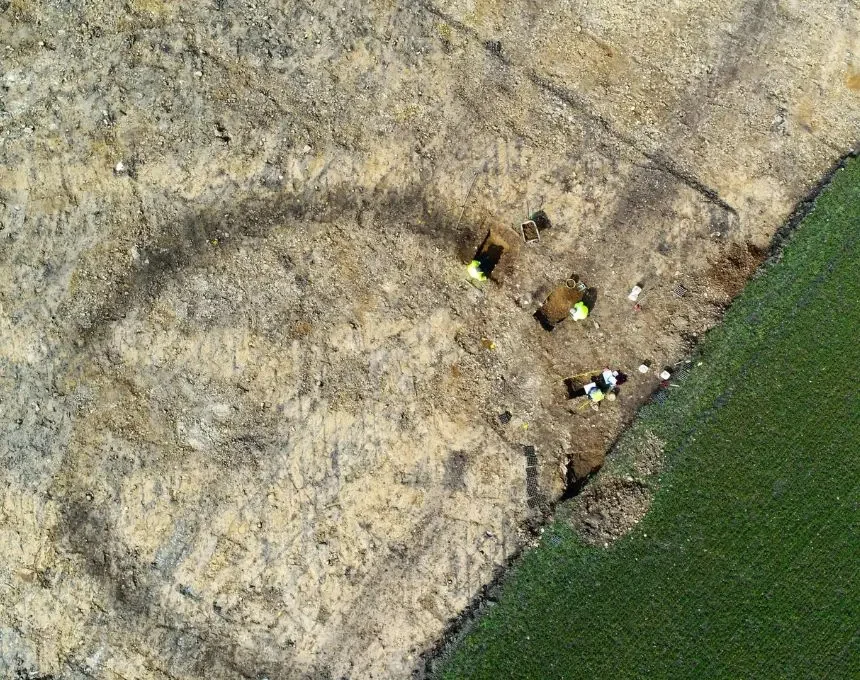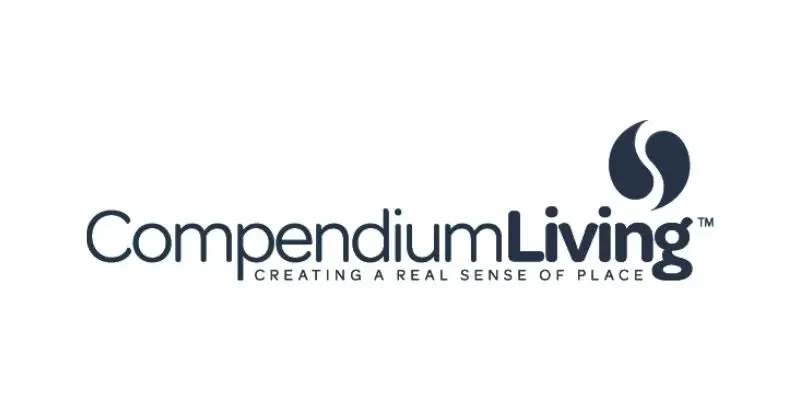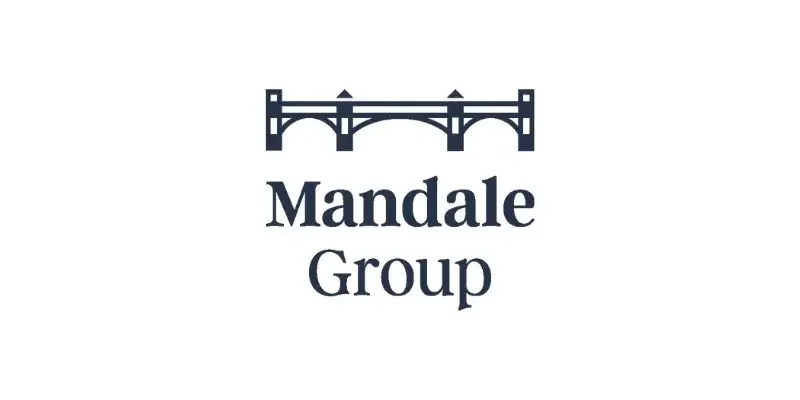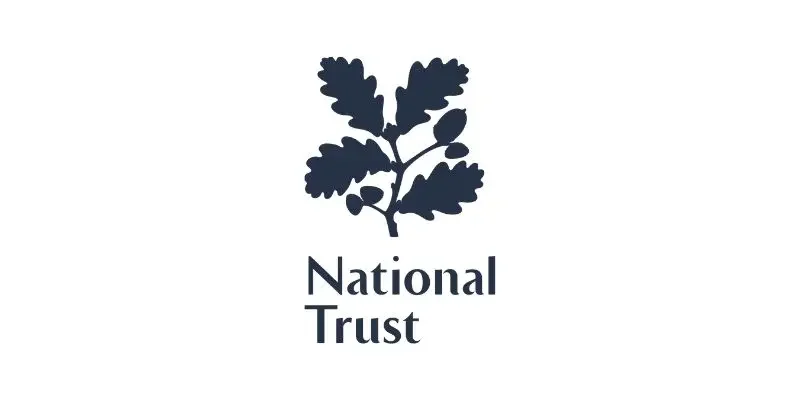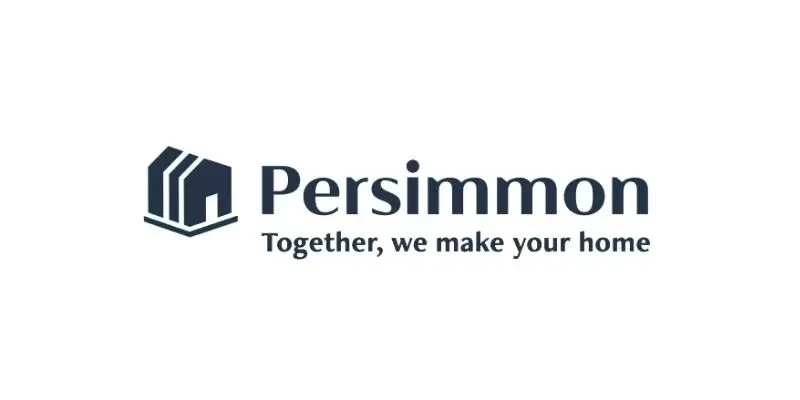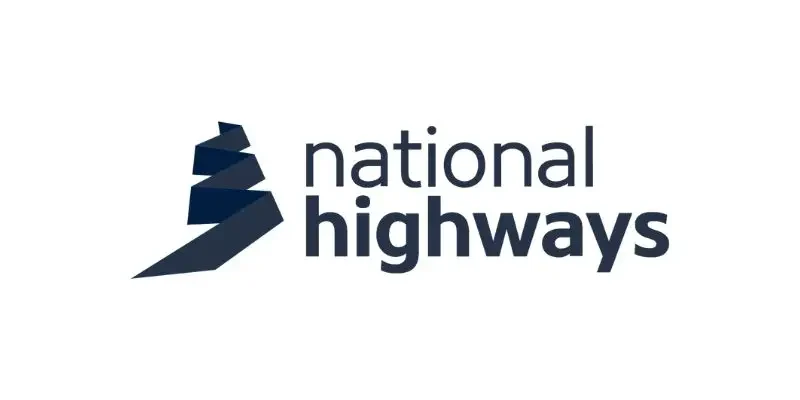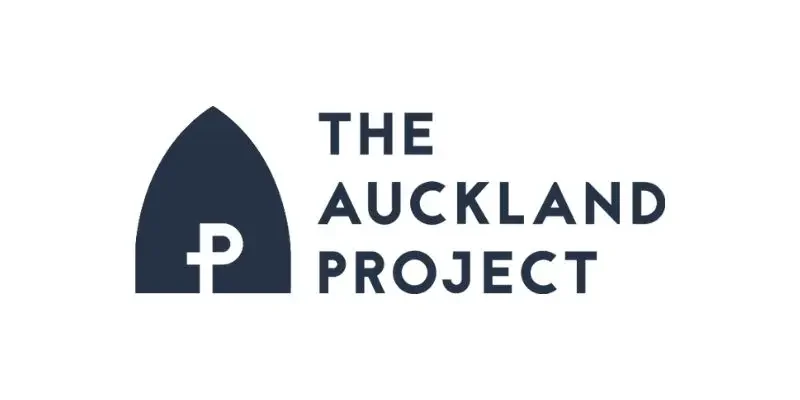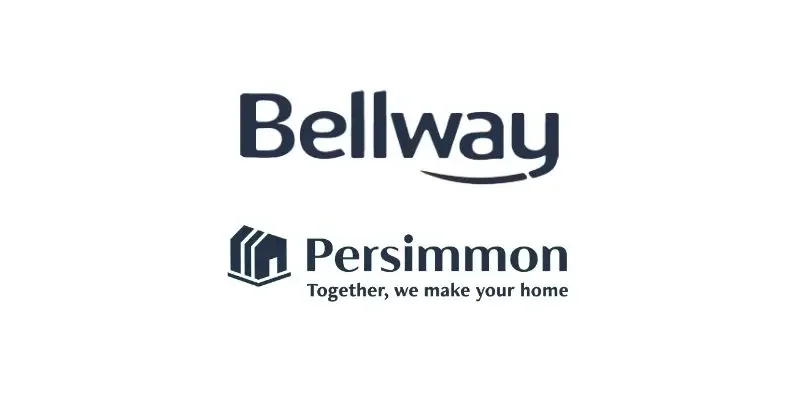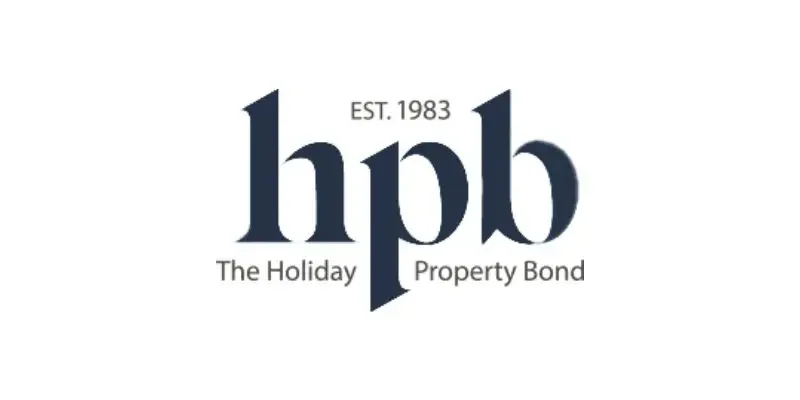Historic Environment Due Diligence Appraisal
We provide initial advice on suitability of progressing sites through the planning system by carrying out rapid feasibility studies. We highlight potential constraints and opportunities posed by all elements of the historic environment to help you make an informed decision.
Design Advice and Consulting
Our Heritage experts have built a reputation of working closely with clients to ensure that they achieve their goals and provides advice on issues such as design in response to sensitive locations such as within the setting of designated heritage assets or within conservation areas. We are very experienced in stakeholder engagement and regularly negotiate with local authorities and statutory authorities such as Historic England, Historic Environment Scotland and CADW on behalf of developers.
Archaeological Desk-based Assessment
Ecus produces comprehensive desk-based assessments that address all aspects of the historic environment. Using a range of sources, we establish the historic interest of a site and identify any potential constraints. We also provide advice on mitigation strategies and can identify the need for archaeological fieldwork, either pre- or post-determination, which will provide more certainty on a site and helps to inform budget and programme planning.
Heritage Statement/Impact Assessment
We support you through the planning process by producing policy-compliant heritage statements that can be used to accompany detailed and outline applications, as well as statutory consents. These documents can provide detailed statements of significance and setting assessments that are proportionate to the heritage assets and sufficient to understand the potential impact of the proposal on their significance. This ensures our products and services are bespoke and relevant to your requirements. .
Heritage/Conservation Management Plan
Ecus can prepare and coordinate management plans to enable you to better understand and manage your heritage asset for the future, either by our heritage specialist alone, or in coordination with our in-house ecologists, landscape architects, arboriculturists and green infrastructure team. Our plans make provision for your heritage asset for the future, whether through maintenance and repair, enhancing access or improving sustainability. The plans provide viable recommendations that can be implemented by all who manage the asset. Plans can be prepared for individual assets such as listed building or scheduled monument or entire registered park and gardens or estates.
Project design (Written Scheme of Investigation)
Project designs establish the scope and methods of archaeological work of all kinds . Our experienced professional team can negotiate the scope of required work on your behalf with the local authority archaeologist and rapidly prepare a comprehensive project design that will fulfil local plan requirements and enable site work to commence.
Scheduled Monument, Listed Building or Planning Consents
When dealing with nationally important below ground or standing remains that are protected as Scheduled Monuments or Listed Buildings our heritage team are knowledgeable and experienced in securing consents to enable works or management of an asset to be completed successfully through liaison with statutory bodies and completion of paperwork on your behalf. Where there are archaeological or heritage conditions attached to a planning permission we can assist in discharging those conditions by negotiating on the scope to address those planning obligations so to ensure your scheme can proceed as smoothly as possible.
Click for more information about Secondary consents applications.
Heritage Expert Witness
We offer heritage expert witness services for planning appeals and have a track record in providing professional judgements for all levels of appeal procedures that even include tribunals. Our experience includes submission of written representations, presenting at hearings and preparing proofs of evidence and undergoing cross-examination for public inquiries.
Geophysical Surveys
We offer a range of different remote sensing surveys nationwide, most often using quad bike-towed arrays of gradiometers, hand-pushed carts and hand-held equipment to cope with large or small surveys, and varying land use, ground conditions and terrain. The key attribute of geophysical survey is that it is a non-intrusive, rapid and cost-effective means of evaluating the extent and nature of buried archaeology. We use it to help our clients assess risk, inform design and progress planning applications.
Trial Trench Evaluation
Evaluation of the archaeological resource at a site is most frequently carried out before seeking planning permission. We use trial trench evaluation to recover factual data that enables us to establish potential risk to a development and to provide information that can assist design decisions. Our mobile field teams can deliver large-scale trenching schemes and produce detailed reports proposing cost-effective mitigation strategies to minimise further archaeological impact on a development.
Historic Building Record/Survey
Whether as part of a planning condition or to inform redevelopment, we can undertake all aspects of historic building surveys, including negotiations with local planning authorities, preparing Written Schemes of Investigation and the survey itself. Our historic buildings specialists can carry out all levels of survey to established professional standards.
Historic Landscape Survey
We have long-standing experience of surveying upland and lowland landscapes as well as registered parks and gardens and battlefields using LiDAR and map interpretation, site walkover and photography. Ecus can provide baseline information on heritage assets for new land or estate acquisitions, for grant applications, farm management plans, forestry work, condition surveys and research purposes.
Monuments and Earthworks Survey
Ecus can draw on experienced surveyors with decades of experience to provide archaeological topographic surveys of earthwork monuments under your care or within your development site. Large- and small-scale topographic surveys can be undertaken to suit any planning, pre-development or research requirements using a suite of cost-effective and complementary techniques to ensure industry-standard compliance and best value for money.
Photographic Recording
Our photographic recording capabilities encompass high- and low-level internal and external imaging of standing structures, vertical recording of large horizontal surfaces and excavations, through to macro photography of small objects. Ecus has the skilled staff and latest equipment to create high resolution digital ortho-imagery, rectified photographic compositions, UAV aerial photos, structure from motion and publication-quality finds photography.
Archaeological Monitoring (Watching Brief)
Monitoring, often referred to as a watching brief, comes as a planning requirement on less-sensitive sites, and ensures that any archaeology appearing in construction groundworks is recorded by an attendant archaeologist. We monitor all types of intrusive works, such as ground investigations, linear infrastructure and foundation trenches. Skilled Ecus staff are available at short notice for monitoring works and work flexibly with other contractors to help ensure minimal disruption to development programmes.
Strip, Map and Record Excavation
Excavation works to mitigate any potential harm by development are typically required by planning authorities where evaluation works have established the presence of significant archaeological remains. A strip, map and record excavation enables us to rapidly recover the plan of the archaeology and to sample excavate it to record its character and date. Our experienced post-excavation teams will produce high-quality professional reports on the results of the works to enable discharge of planning conditions.
Outreach and Engagement
We offer a comprehensive archaeological reporting service including client reports to fulfil planning requirements through to publication articles in academic journals and standalone monographs. Our team creates knowledgeable and interesting heritage interpretation for a range of media such as site information panels and online content. Often working to support National Lottery Heritage Fund projects, we also offer an engaging and informative experience for our community engagement and participation events, from public talks to volunteer-focused surveys and excavations.
Environmental and Finds Processing and Assessment
Ecus’s in-house environmental sample processing facility lends us high-enough capacity to support our own projects and those of other archaeological contractors, too. The processing service is complemented by Ecus’s environmental specialist, who provides assessment, analysis and detailed reports of ancient environmental remains.
Our finds team ensures all artefact-related studies are catered for, from finds processing and provisional identification, to finds assessment, analysis and reporting. For example, our in-house ceramic specialist offers a range of period-based services including the study of Roman, medieval and post-medieval pottery, clay tobacco pipe and ceramic building material. We support our own archaeological works and provide our services to other archaeological companies.

